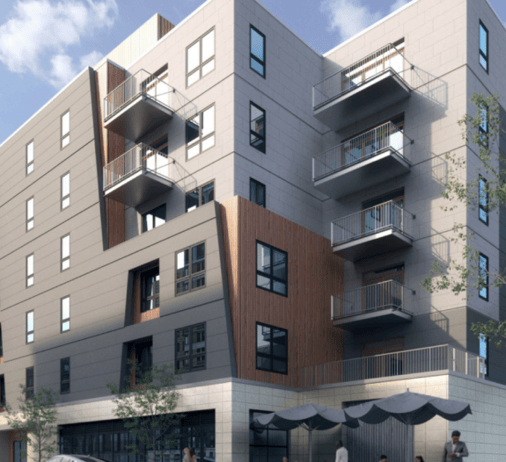Just how accurate are the Boston real estate market stats in the news?
Generally speaking, the stats reported are perfectly accurate. Reporters get their stats and market info from reputable sources who release monthly housing data like The Warren Group or the Massachusetts Association of Realtors.
So what's the problem?
The problem is the lack of looking at the deeper picture or of understanding the market beyond the stats. Hardly ever going "beyond the headlines".
Based on some comments from yesterday's post, I wanted to show an example of accurate stats being very misleading as to the true nature of the market:
Based on the stats for October 2008 versus October 2009 as reported in the Boston Herald (in "Mass. housing sales up, but Hub condos plunge"), the Boston condo market is crashing. Hard.
As reported, median condo prices declined 28% month over month!
That's true (according to the accurate stats), but does that really explain the market conditions? Are Boston condo prices actually "plunging"?
No - and here's why.
First, month over month stats are simply a snapshot in time and lack the context of market changes over time (that's why I like to show graphs of data over time as much as possible - like the ones below).
Secondly (and even more important in this case), in the Boston condo market, October of 2008 was an anomaly in that the average and median sale prices for the month were skewed heavily upward because of a large number of virtually simultaneous (and very expensive) closings at the Mandarin Oriental.
If you're not familiar with the Mandarin Oriental, it is a new condo/hotel development on Boylston Street in the Back Bay that opened in September of 2008. Basically it set a new bar for luxury condo prices in Boston (47 sales occurred upon opening in September and October 2008 with an average price of $4,602,000).
For a look at how these sales affected the market, what I've done below is graphed the Boston condo market (all neighborhoods) for 2008 and 2009 with and without the Mandarin sales in the data set.
You could say, "but those Mandarin sales really did happen in October so it's unfair of you to pull them out."
Well, this isn't about being fair or unfair...it's about accurately representing the market conditions.
The Mandarin was a new development project with sales in the pipeline for a couple years - and remarkably it was totally presold before an occupancy permit was even granted! Once occupancy and therefore closings could take place, they did. All together. Since all the sales all just happened to be bunched together once the building officially opened, it leads to an inaccurate representation of the market in October (and September) of 2008.
The sales price median spiked and makes it look like the market was booming in October 2008 (in the midst of the credit meltdown by the way) and now crashing in October 2009.
Neither is true.
Just to visualize the point - here it is graphically. See the spike in average Boston condo prices in September and October of 2008? Then when I removed only the 47 Mandarin sales from the data (2nd graph below), it looks a lot more normal.


What's the bottom line?
Go beyond the headlines. Look deeper. Get good local advice. Make better decisions.
Weekly Boston real estate market trend reports
Want to get neighborhood level market stats to help understand the Boston real estate market better?
Get the bi-weekly market trends reports sent directly to you as soon as they are available every other week.
For more information, click here.
